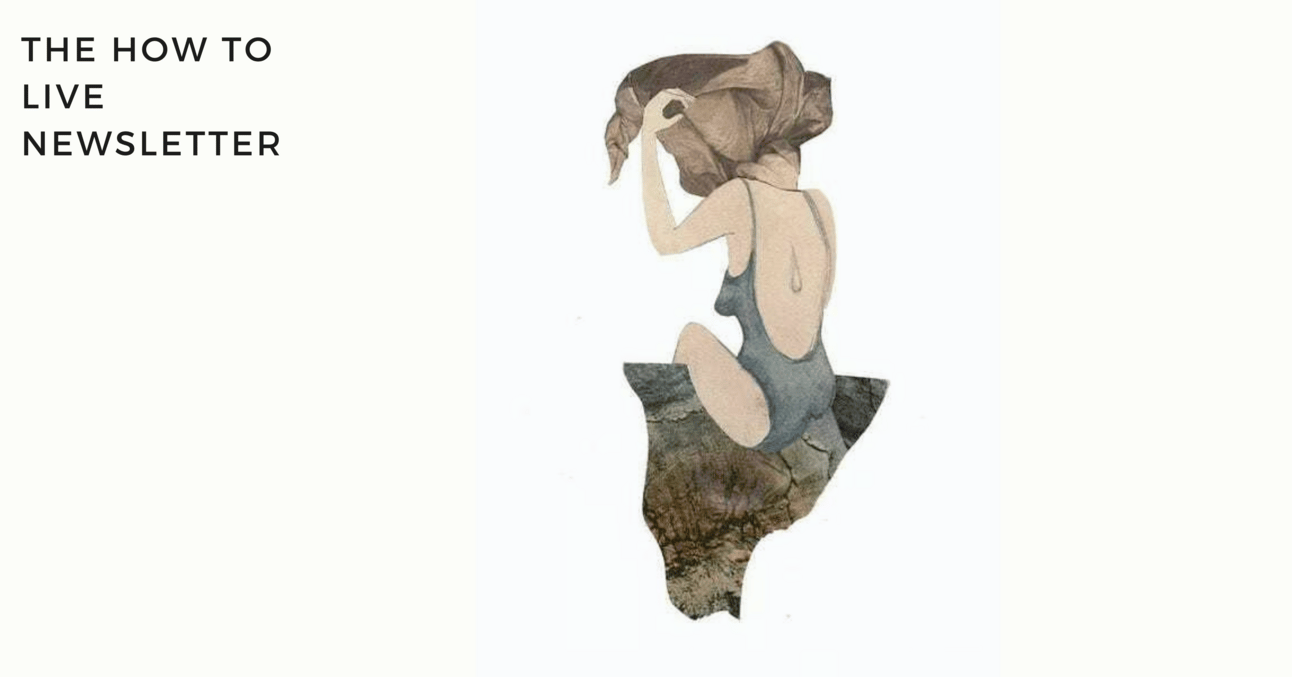If my work adds to your day, provides wisdom or solace, now is a great time to consider an annual or monthly recurring DONATION to help sustain this project, and offset the not inconsiderable costs of creating and maintaining such a resource and service.
Every issue of How to Live is made with love and relies on reader support to operate and run. Without your help, this newsletter cannot continue. Thank you for being so supportive and patronage.
🙏🏼 ❤️ THANK YOU ❤️ 🙏🏼
Use This Tibetan Buddhist Concept to De-escalate Any Situation
GETTING HOOKED
Being the sole citizen living inside the micro-nation of our minds means that during conversations with others, we can veer off onto well-trod paths paved with familiar fantasies, and seek private comfort in the unseen world of our thoughts, and no one will be the wiser.
It happens all the time—we’re lost in thought, ruminating on wishes and worries, when something untoward snaps us back into the present moment.
A comment or situation triggers an intense emotional reaction, releasing an ancient ache buried within us, which emerges as upset, rage, or anger.
This charged tightness that arises before our emotions escalate has a name, and learning it has truly changed my life for the better.
You’re currently reading the free version of the How to Live Newsletter. To read this piece, unlock all articles, including the entire archive, consider upgrading to paid.
Join How to Live
For people who live in their heads, feel more than they show, and want a language for both.
Every Essay, Every Time.What you’ll receive as a subscriber::
- Every new essay, the moment it’s published
- Full access to the complete archive—150+ posts and counting
- Bonus pieces and experiments-in-progress, shared occasionally
- Invitations to seasonal, in-person gatherings
- A direct line to me (annual subscribers): personal replies and tailored recommendations
- 15% off all workshops and live events

